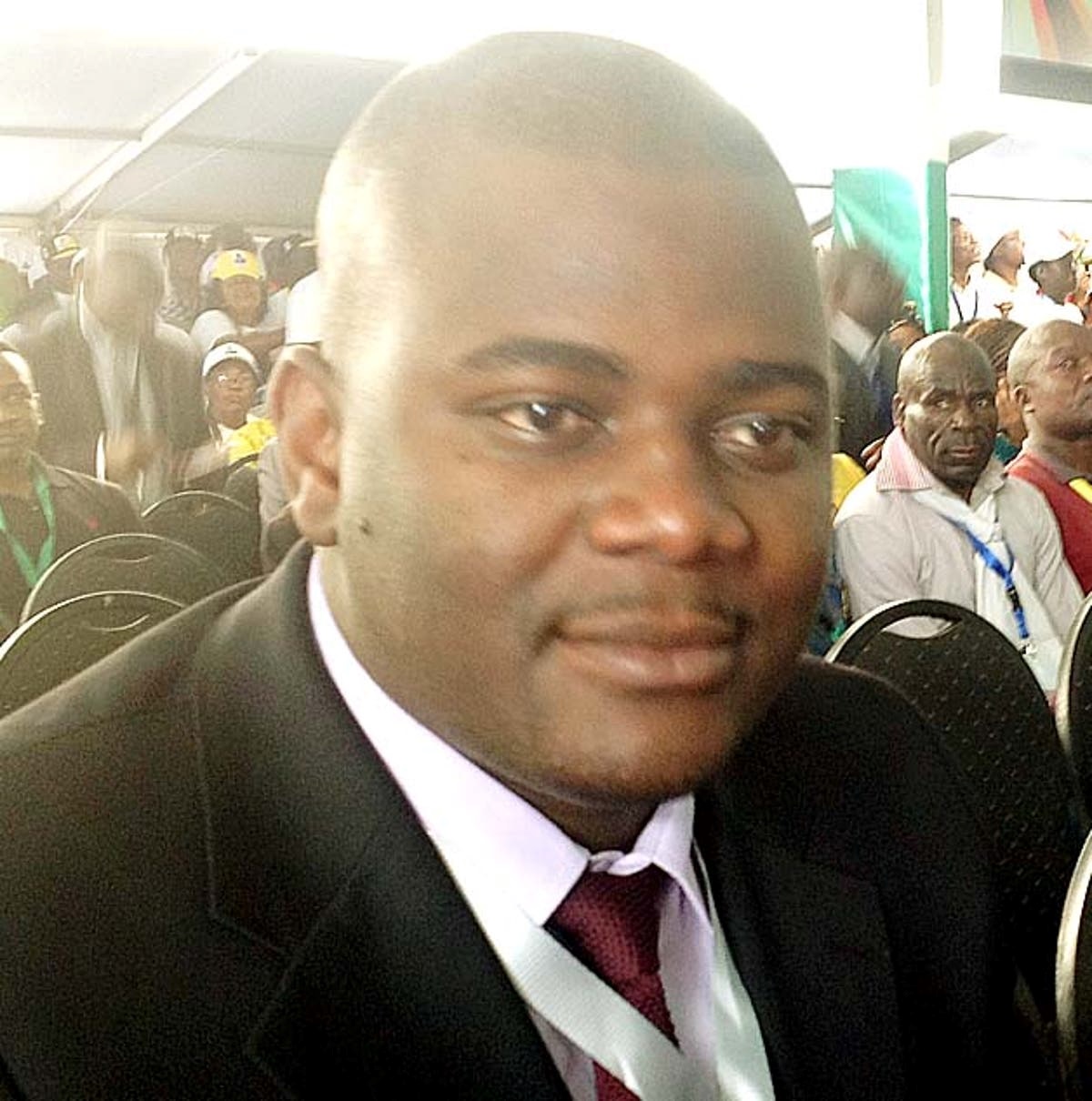
After investigative journalist Mduduzi Mathuthu published an article exposing high-level corruption in the awarding of a waste-to-power contract for Harare, he knew he had once again poked the Zimbabwe government in the eye. When, weeks later, he tweeted that President Emmerson Mnangagwa had been drinking when he was called to State House to make a statement on the economy, the government had its chance to pounce[1].
Police raided Mathuthu’s home looking for him and ordered that he report to them to face charges. Days later, he was in a Bulawayo police station, charged for “undermining the authority of or insulting the President”. The law has already been ruled unconstitutional by Zimbabwe’s courts, but Zimbabwe continues to use the law to harass journalists. Media rights activists fear the law will be used even more towards elections next year.
Following the ouster of Robert Mugabe as president in 2017, hopes had risen that the new leadership would take a fresh path. Zimbabwe initially rose on the World Press Freedom Index, but the country slid seven places to number 137 last year. “There is nothing new in the New Dispensation when it comes to press freedom,” according to Njabulo Ncube, coordinator of the Zimbabwe National Editors Forum.
As dissent over rights abuses and the collapsing economy grows, Mnangagwa government is more determined to silence critics. The Private Voluntary Organisation (PVO) Amendment Bill being proposed will allow the government to influence the activities of civil society organisations. The law changes would also ban civil society organisations from “engaging in political activities”.
This would give government sweeping powers to disrupt the work of activists, including media rights groups such as the Media Institute of Southern Africa (MISA), which protects journalists, according to the group’s Media Advocacy Officer, Marvin Mukudu. “Organisations that call out the government for illegally arresting or harassing journalists could end up being accused of meddling in politics,” Mukudu says.
Another new law, the Cyber and Data Protection Act, outlaws what it calls the transmission of false information, or messages that incite violence or damage to property. This law could be used against journalists and lead to self-censorship, media groups fear. In June, journalist Jeffrey Moyo was convicted of violating the country’s immigration laws, after helping two American journalists get accreditation from the country’s media regulator. The government accused him of forging the accreditation cards, the two New York times journalists were deported, and Moyo was arrested. He was found guilty and ordered to pay a fine. His lawyers are appealing.
Among the groups of local journalists who work with foreign correspondents, Moyo’s ordeal has been taken as a warning against working with foreign media. As political tensions rise ahead of the 2023 election, media groups expect harassment against journalists to worsen.
Covering a by-election in the town of Chitungwiza, journalists Blessed Mhlanga and Chengeto Chidi were arrested while filming a tussle between a local opposition Member of Parliament and police. The two journalists were charged with violating election laws. Journalists covering political events in remote areas are at risk, as they do not enjoy the relative protection of media attention that their urban reporters have.
In June, reporter Mujopeni Mudimba was reporting on the planned eviction of villagers by a Chinese miner in Binga, a remote area in the North of the country, when he received threats from an unknown person. In Mazowe, a farming area north of Harare, journalist Simbarashe Sithole made a police report after being threatened while covering allegations of corruption involving a local chairman of the ruling ZanuPF[2].
The harassment has not come from the ruling party alone. Courage Dutiro, a journalist in Masvingo, was beaten at a rally of the opposition Citizens Coalition for Change rally for taking pictures of a fight between supporters of rival party candidates. Opposition activists threatened journalists and ordered them to turn off their cameras during a retaliatory attack on the home of a ZanuPF official in Nyatsime, an area near Harare.
So high are the fears over journalists’ safety, that MISA has introduced a “panic button” app that reporters can use to raise alarm. The application sends an alert to lawyers and activists working with MISA, alerting them of the journalist’s emergency and location.
While the app is meant to raise alarm for journalists, it does not protect them from having their tools, such as cameras and phones being destroyed or seized, an increasingly common tactic used by security agents. The police officer who arrested the journalist Blessed Mhlanga destroyed his phone while. Even long after his acquittal over the allegation of “inciting violence”, journalist Hopewell Chin’ono is still to get his confiscated camera back.
“For now, the app protects the physical security of journalists,” journalist Lazarus Sauti says. “This means that the safety of documents, recorders and other secondary storage devices is not fully guaranteed”.
[1] https://cpj.org/2022/06/police-charge-zimlive-editor-mduduzi-mathuthu-with-insulting-the-president/ ; https://www.voanews.com/a/zimbabwe-arrests-journalist-over-tweet-on-president-/6605766.html ; https://nehandaradio.com/2022/06/06/journalist-mathuthu-summoned-by-police-as-suspect-for-undisclosed-crime/ ; https://www.newzimbabwe.com/zimlive-editor-mathuthu-charged-with-insulting-mnangagwa/
[2] https://kubatana.net/2022/01/25/journalist-threatened-over-eviction-story/ ; https://misa.org/blog/media_violations/journalist-threatened-over-eviction-story/ ; https://www.business-humanrights.org/fr/derni%C3%A8res-actualit%C3%A9s/zimbabwe-divisions-amongst-villagers-as-chinese-firm-promises-jobs-and-development-if-they-vacate-their-land/
Leave a Reply